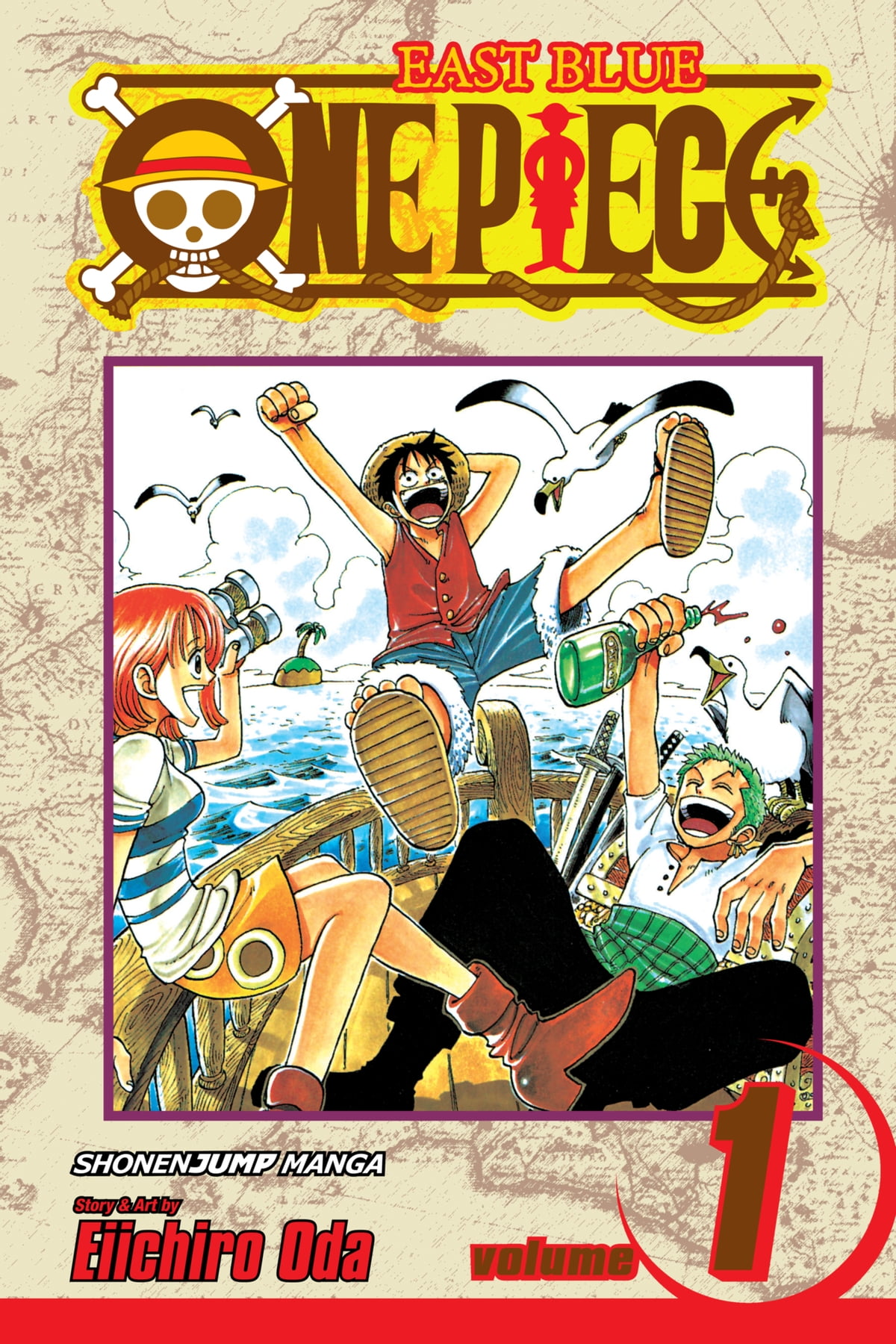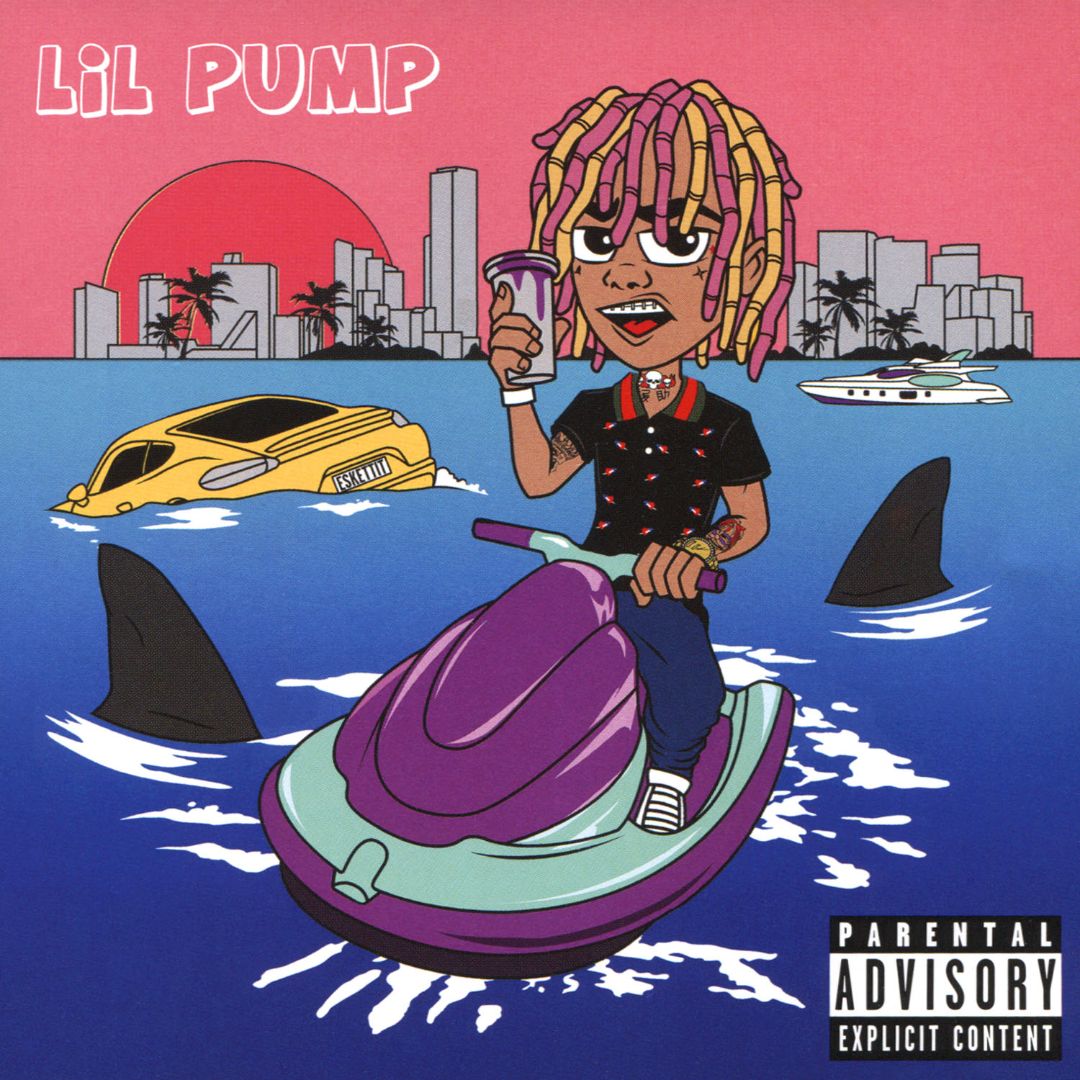Album Analysis: The Love Below
(By Thomas Rodriguez)
(With Valentines Day having recently passed, I took a revisit to one of the best selling albums of all time, The Love Below. Enjoy my analysis of it below!)
There’s a lot to be said about love, especially in musical form. In any genre, you can find the subject of love being explored beyond that fluttery fleeing you get around that special someone: physical and mental attraction, heartbreak, hope, regret, pure bliss, the list goes on and on. It’s a messy emotion that is one of the most relatable to people as a whole. Sometimes, artists will go out of their way to make an entire album talking about the messiness of love, tackling it in multiple different angles. OutKast, the seminal Atlanta hip-hop duo, is one of these artists, although technically only one member did this. On their critically and commercially successful magnum opus, Speakerboxxx/The Love Below, rappers Big Boi and Andre 3000 separate to create their own solo albums, and combine their projects into a single double album. While Big Boi’s album (Speakerboxxx) is a very good, albeit typical southern rap album, Andre 3000’s album (The Love Below) is incredibly interesting. The Love Below is a huge (and risky) departure from Andre 3000’s usual rapping and storytelling styles, and is an embracement of the subject of love. Through these extreme risks, however, Andre 3000 created one of the most potent reflections on love’s wild nature in modern hip hop, and music in general.
The Love Below, in a way, is almost like a mural of pure emotion. The album itself, in its lengthy 21 song runtime, paints an incredibly detailed and honest picture that depicts Andre 3000’s suave yet emotional heart. The man definitely knows his way around romance (he does call himself Cupid on “Happy Valentines Day” after all), but he’s much more than a southern pimp. His singing, which has always been great in the past, maintains its level of high quality, but it’s his writing that steals the show. ‘Dre’s lyrics, plastered throughout The Love Below, can be compared to a kaleidoscope in just how emotions and situations he covers throughout the album. Whether it be the extremely straightforward physical attraction on standout “Spread”, or the outright rejection of a previous partner on the hilarious “Roses”, the lyrics are relatable to anyone who has experienced either a mild attraction or a serious relationship. What’s even more surprising is how the various emotions covered in the album are not only written for standalone songs, but flow extremely well into the album’s overall story (80% of which is based on real world experiences, Andre 3000 says). The story is relatively simple: Andre meets a woman, falls in love, eventually breaks up with her because of his realization that she isn’t the one, marries another woman, and loses her too because of his weaknesses. The realistic ways in which Andre encounters these women, as well as fails with them (as shown in the individual songs), showcases the chaotic nature of love. For every “Prototype” (a stunning ballad in which Andre believes he has found the perfect woman), you find a “Love in War”, a great commentary on fight-filled relationships. Andre is aware that love isn’t a flat plain, but a rocky mountain filled with peaks and valleys. Andre portraying this sad truth is just another sign that this is more than just any artist’s lovey-dovey affair, but something important to himself (especially interesting coming from a southern player like himself). Three Stacks gave us magnifying glass to peek at his emotions, and revealed just how layered the topic of love could truly be for anyone, even for a seemingly happy rap superstar surrounded by women.
Love isn’t just in ‘Dre’s lyrics and storytelling; the music itself, comparable to the psychedelic-yet-poppy music Prince has made, is seeping with the feeling of love in both its sonic tones and varied sounds. You’ll run the musical gambit here: hand claps, real drums, jazzy pianos and horns, guitars, synths, almost every sound you’ll hear in music is present and accounted for. The rainbow of sounds, however, is consistently like the subject matter itself: it’s equally messy yet beautiful. The cute keys in “Love Hater” sound straight out of a light jazz performance at the local bar’s couple’s night, yet when the guitar zooms into the mix, you feel like you were teleported into a metal concert. Under any normal circumstance, this would be a musical slap in the face with the tonal whiplash you’d receive, but Andre makes it work. The music is messy, yes, but they match the whole vibe and message of the story Andre presents on the songs where they appear to be intricate. They’re like a secondary set of lyrics, a delicious side dish to Andre’s main course. The instrumentals match the love-infused tracklist so well, that it’s impossible to imagine these lyrics being presented under any other beats. Whenever a song is sensual, it sounds that way; when Andre is hesitant towards commitment, the sounds match his uneasy mood. Despite the mild clumsiness in the production, they do sound sweet to the ears for a vast majority of the time, such as the funky and sensual synths on the woman praising “Behold a Lady”. A song like “Take Off Your Cool”, with its wonderful acoustics, can definitely support the argument that sound of The Love Below is a beautiful mess, just as the lyrics say that love is the same. Even the album’s spare interludes, used less as a part of the actual story and more as a transition to the narrative’s next phase, are amazingly produced in their spare musical flourishes and outright hilarious lyrics. The revelation of God as a woman, something that sounds strange on paper, had me laughing my ass off. It’s these interludes and various instrumentals that help build Three Stacks’s ethos beyond his stellar lyrics, showing he’s not just capable of merely singing about love’s complexities, but showing how odd it can be through sound and humor.
Nothing epitomizes the true dexterity of The Love Below more than its most famous single, the smash hit “Hey Ya!”. Not only is it one of OutKast’s biggest singles of all time, but it is a perfect example of why this album is so well done. Not only is its instrumental absolutely wonderful, with its funky bass, fabulous guitars, and forceful drums, not only is Andre’s performance absolutely amazing, not only is it one of the best dance songs of the 2000s, but it follows the album’s mission to a T. This song, while happy on the surface, showcases the true emotions of Andre in its lyrics: it’s a breakup song, a song about being unable to work things out with your partner. The sharp contrast between the lyrics and the beat may seem confusing at first (especially as Andre immediately calls for his listeners to “shake it like a Polaroid picture” towards the end of the track), but after having listened to The Love Below, “Hey Ya!” makes sense. Just as “Hey Ya!” seems to be cluttered in its ideas, it’s showing us that there is a third dimension to relationships, to love, to dancing our heart out while going through a tough breakup. Andre’s relationship is complicated, yes, but so is love itself.
Did you like this album analysis? Any comments or criticism? Comment down below and let me know! I’d love to hear what you think!
Follow me on Twitter @Tommy__31_ !




Hey ya is one of my favorite songs of all time, simply because of how good it makes you feel when you hear it. You can’t help but to dance when that song is played. After reading this article, I am going to listen more deeply for the message of love in the song, one I had not picked up on before, and listen to other tracks from the album. I am glad you highlighted these features of one of my generation’s top hits even though it was a whole generation before yours. I know it will make me feel 20 years younger to jam to it again!!!